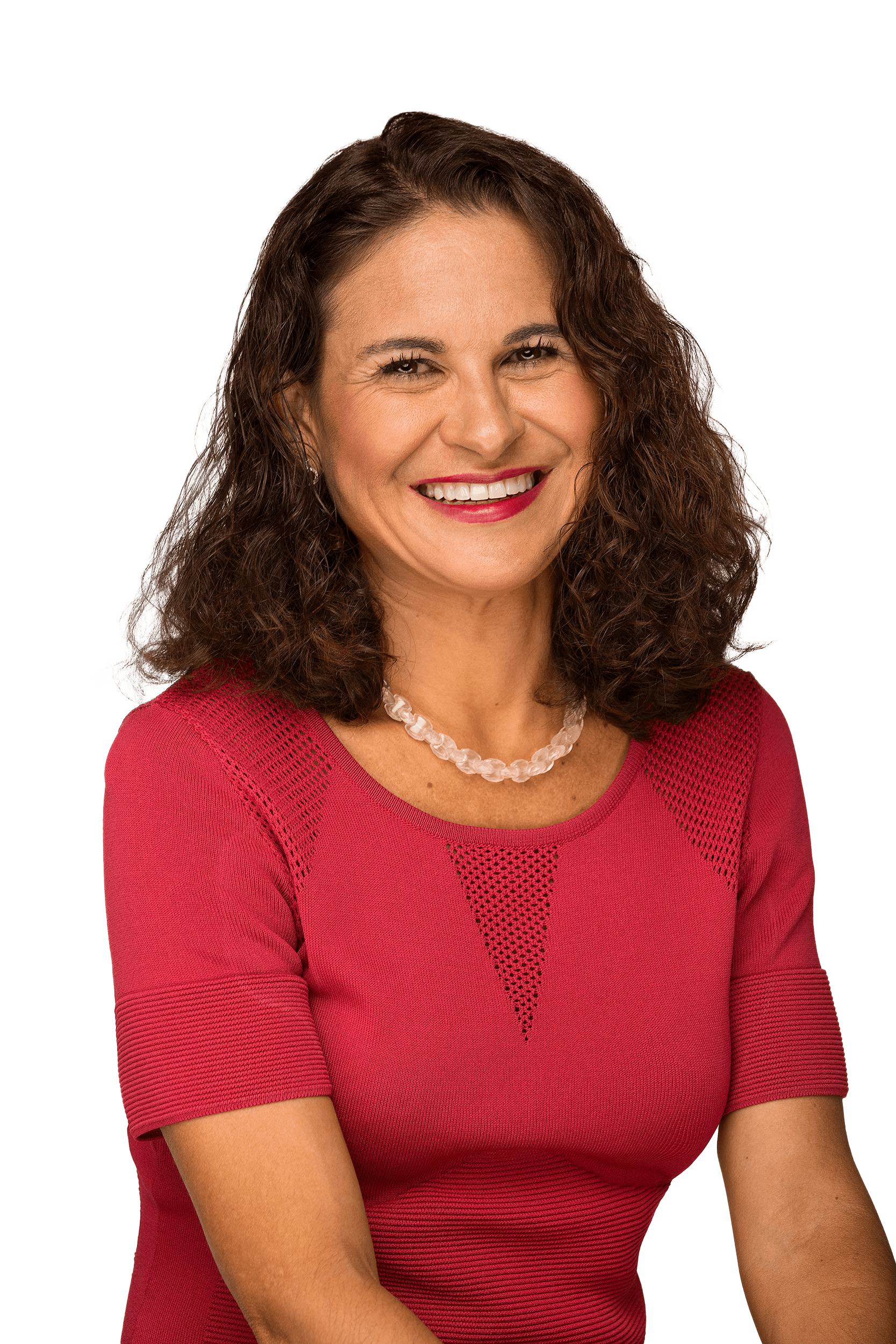I am an
Biostatistician
At HarvardFrancesca Dominici, PhD
This scientist was part of our original collection.*A few features may be different.
FRANCESCA
DOMINICI
She/Her
“Do not be discouraged by rejection or failure in science. Rejection is the constant, the routine, the norm... Embrace being uncomfortable.”
What do running marathons, fighting for the advancement of women, and working to improve public health have in common? They all require energy, enthusiasm, and a whole lot of endurance. And Dr. Francesca Dominici has a seemingly endless supply of all three.
In 1995, she moved to the US from Italy with a language barrier and a few dollars in her pocket. Since then, she has earned her PhD in Statistics, participated in over 12 marathons and a triathalon, and led several initiatives to promote the advancement of women in science. Her work spans fields from public health to data science to biology, with the goal of identifying often invisible threats, like noise and air pollution. Her award-winning contributions go beyond the science itself; she’s known for cultivating powerful collaborations between different research groups, leading diversity programs, and supporting women who face unique challenges in academia. She’s never drawn a line between her science from her sense of service, recognizing both the power of research to make the world a better place and the importance of making the world of research better along the way.
In a way, her scientific endeavors mirror her other passions. She finds that the training and struggles of long and tedious research projects are not unlike the training and struggles of running 26.2 miles through unpredictable weather and terrain. Both are about sustaining long, hard, and often dull stretches between successes. At the same time, her ambitions to understand the complex systems — like pollution, noise, and climate — that affect public health is not unlike understanding the complex systems — like prejudice, stereotypes, and risk-taking — that affect women’s power.
The common thread is Francesca’s strong will, tenacity, and ability to gracefully identify the many factors underlying any given challenge, no matter how long or arduous the race may be.
Notable Accomplishments:
PhD in Statistics from the University of Padua
Florence Nightingale David Award
National Academy of Medicine Member
The
basics:
Expertise: Biostatistics; Public Health
Title: Co-Director, Harvard Data Science Initiative
Institution: Harvard T.H. Chan School of Public Health
I am a marathon-running champion for women who uses data to improve public health.
FASHION
•
MARATHONS
•
PARTIES & ENTERTAINING
•
MENTORING & SUPPORTING WOMEN
•
COOKING
•
FASHION • MARATHONS • PARTIES & ENTERTAINING • MENTORING & SUPPORTING WOMEN • COOKING •
things I love:
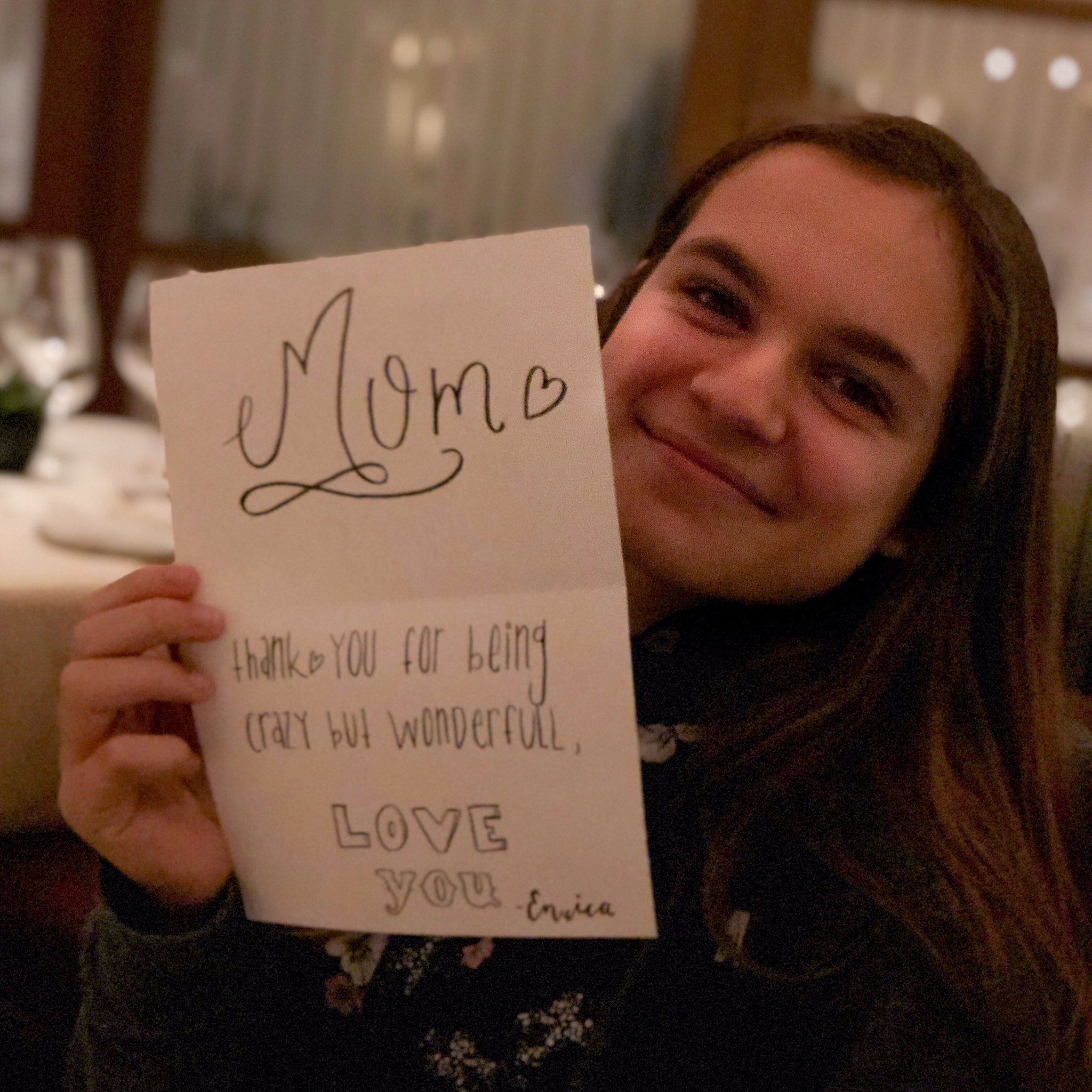
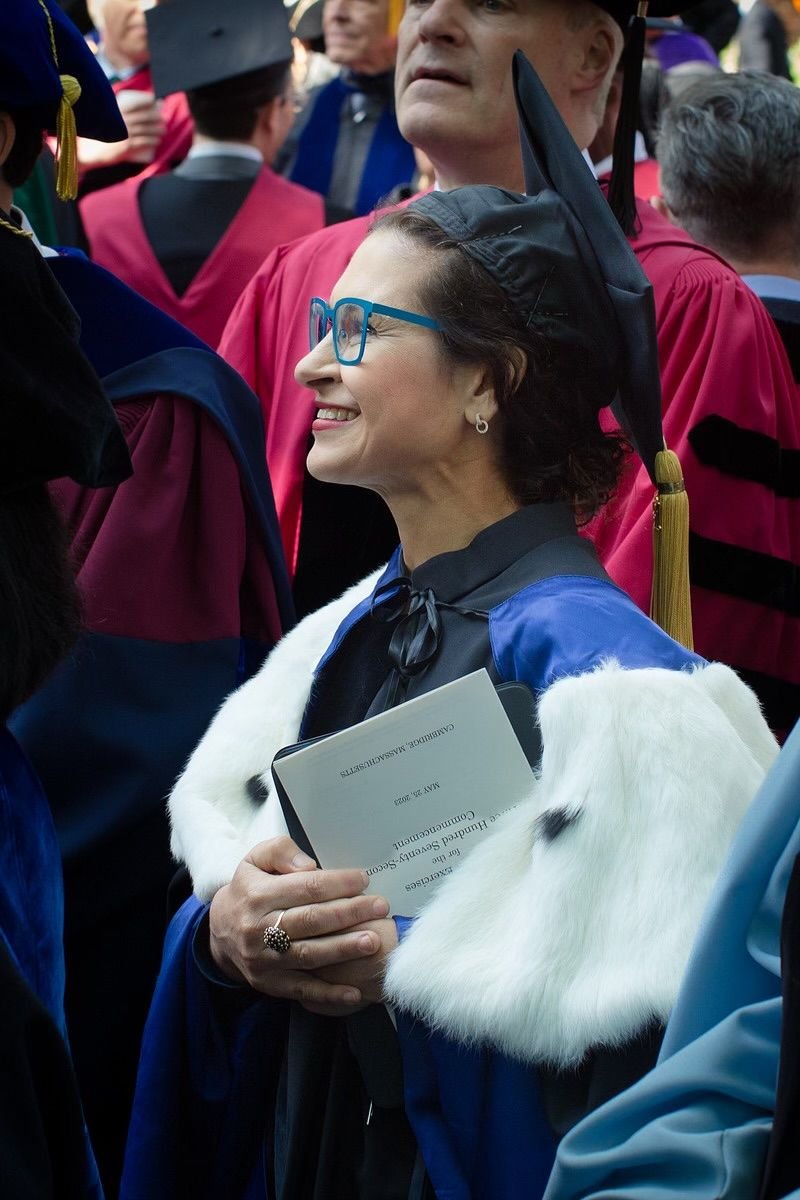
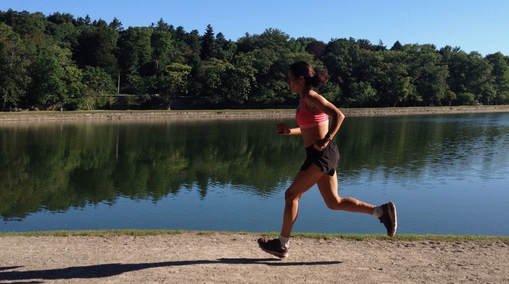
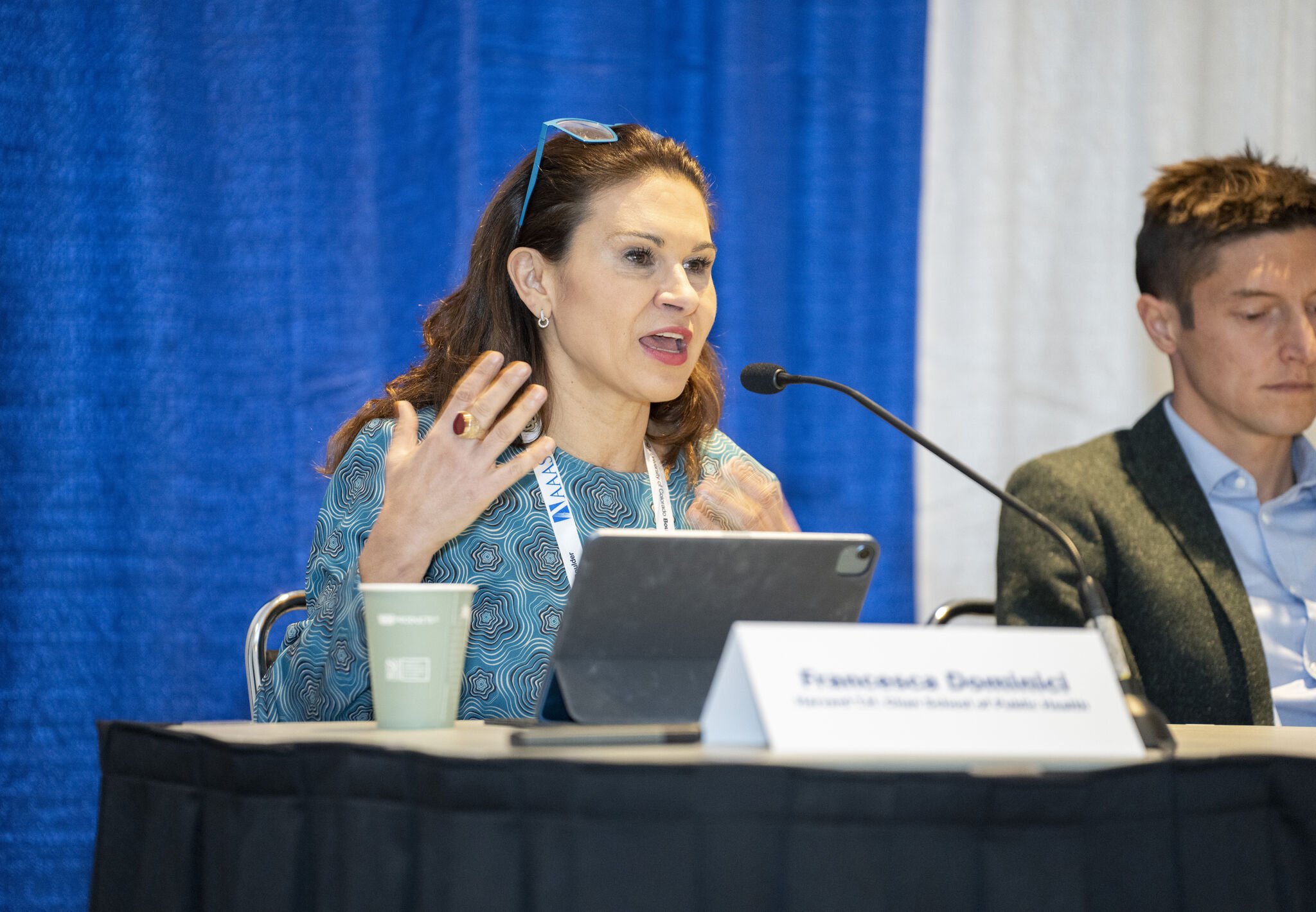
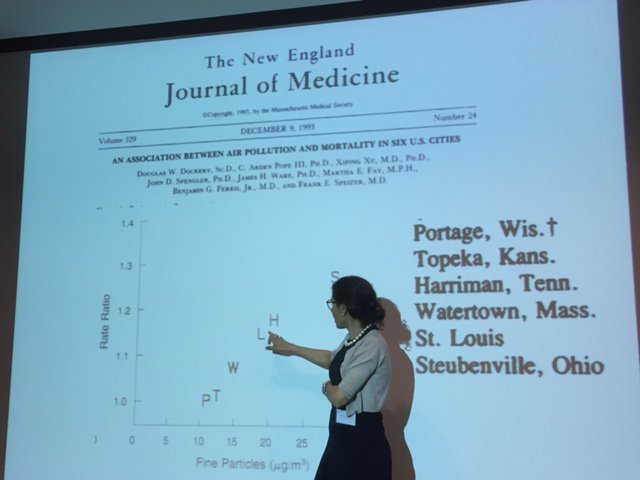
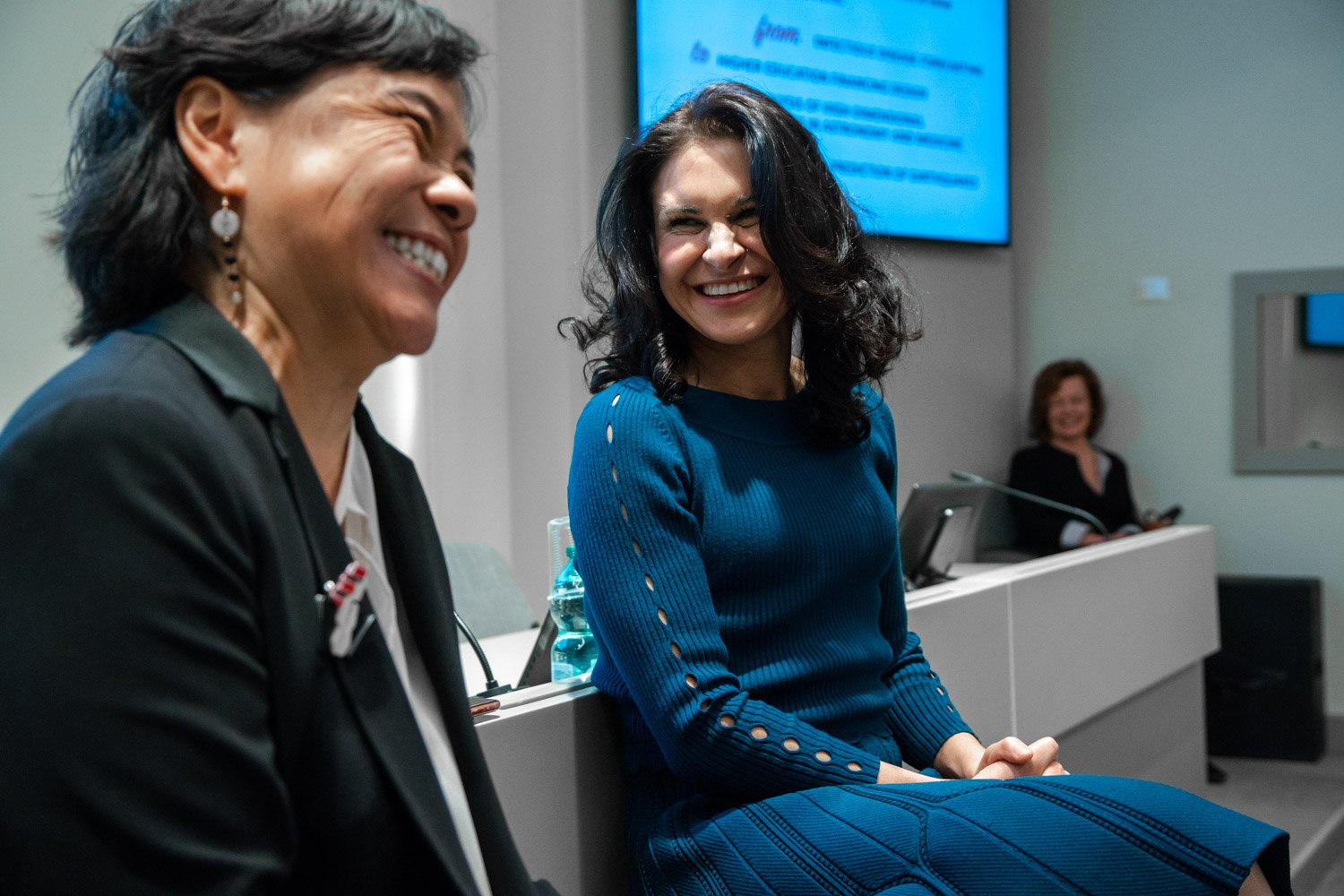
WHAT I DO
i am a BIOSTATISTICIAN
I use the power of computers to analyze Big Data and look for patterns that teach us about what is and is not healthy in our everyday lives.
I am the Co-Director of the Harvard Data Science Initiative
I work in a lab filled with lots of people, charts, graphs, computers, and meeting rooms.
Our lives are filled with data —
What we eat, where we go, the weather, the traffic — and when you pull all of these data points together, it’s called Big Data. Until recently, we didn’t have ways to make sense of all of it.
I am particularly interested in pollution.
Which can mean air quality or even the level of noise in our environment. My work has found subtle things like how close you live to an airport (because of all of the noise) can impact your health.
MY WHY
I realized that I wanted to make a positive impact on society, so I decided to study biostatistics.
I WANT TO KNOW:
What environmental factors threaten our health?
How do we design policies to keep us safe?
MY ADVICE
a little about me
I’ve run over 12 marathons.
I’m ultra competitive, but always play by the rules. I am a member of the fashion police. I believe women in power have a responsibility to help each other. I was the first person in my family to go to college. I played tennis. I love entertaining family and friends. I always loved math. I’m a mom.
MY PATH TO SCIENCE
Growing up in Italy
I grew up in Italy in a small neighborhood outside of Rome. I learned to cook from my grandmother and travelled often, everywhere from South America to Africa. I always had a lot of energy, both to play competitive tennis and to ask lots of questions. I was opinionated and strong willed, and though I always loved math I didn’t know what I could do with it.
Exploring the Sciences
I became the first person in my family to attend college. I moved to Rome for my studies and my life changed when I made a connection with a female mentor who encouraged me. I knew I loved numbers and realized that could be a career path. After graduating, I decided to enroll in a PhD program in Northern Italy to study statistics.
Finding my Place
My mentor encouraged me to move to the US, where I studied at Duke but didn’t speak English. I realized that I wanted to make a positive impact on society, so I decided to study biostatistics, which meant that I could take my love of math and ask questions that matter in the real world. I turned down a job at Duke because I was married to a professor there and didn’t want anyone to think I couldn’t do it on my own. He ended up following me to John Hopkins instead.
Standing up for Women
As I became more powerful in my career and had a daughter of my own, I also believed that I had a responsibility to support other women, who were very underrepresented in leadership. I became a leader in supporting diversity and women’s issues in my field and at my universities. Today, I sees this work as not just my responsibility, but the responsibility of all those with power to make a difference.
Leading the Way
Today, I am an award-winning researcher and leader who works closely with policy makers, doctors, and other researchers to make sure that data is used to make real change in the world. I advise the government on health and safety and continues to put science into action.
Biostatistics
Biostatistics is the use of advanced mathematics to study biology, environment, or medicine.
INTRODUCING
Environment Statistics
What is the study of environment statistics? Why does it matter?
If there’s one thing to know anything about the environment, it is that it’s very complex. Many thousands of different kinds of plants, animals, and chemicals interact to produce the habitats in which we live. This means there are many thousands of ways that we can measure and try to understand our world. Collecting data about our environment might mean taking water samples and seeing how many microorganisms live in them, it might mean testing for harmful pollutants in the air we breathe, or it might mean tracking both of these things over time and space to see how they change in different periods and locations. But once we have all of this data, what do we do with it? How do we take thousands of measurements of thousands of different variables and make any sense of it in a way that can help us?
Environment statistics is the use of statistical approaches to improve our understanding of the environment. Statistics is a type of math that can take huge amounts of data, sometimes called “big data,” and find the patterns in it. That means that environment statisticians can tell us where the worst locations are for air or water pollution, for example, and if they have gotten better or worse over time as different policies have been enacted by the government. These results can be used to warn individuals living in areas of highest risk, help doctors diagnose illnesses based on what types of pollutants their patients may have been exposed to, and guide government action to try to keep us all safe. Environment statistics can also be used to answer questions like whether biodiversity is decreasing and whether our climate is getting warmer over time (hint: biodiversity has decreased and our environments are getting warmer!).
Career Resources
Every scientist’s path is unique, and the right resources can make all of the difference. Below are a selection of resources that may be helpful for those who are interested in areas of science that are related to Francesca’s work.
“You don’t need to be a genius, you don’t need to be good at math, and you don’t need to suffer [to be in science]. It’s more important that you have the ability to deal with challenges as they come.”
— FRANCESCA DOMINICI
KEEP EXPLORING
Here are some resources we recommend for diving deeper into themes from this story.
Mathematics & Statistics
FIELD GUIDE
coming soonView more related scientists:
Looking for teacher resources?
PHOTOGRAPHER: Erica Derrickson • Boston, MA© 2024 THE PLENARY, CO. ALL RIGHTS RESERVED. TERMS. PRIVACY.This is a brand new site! See an issue? Let us know.




